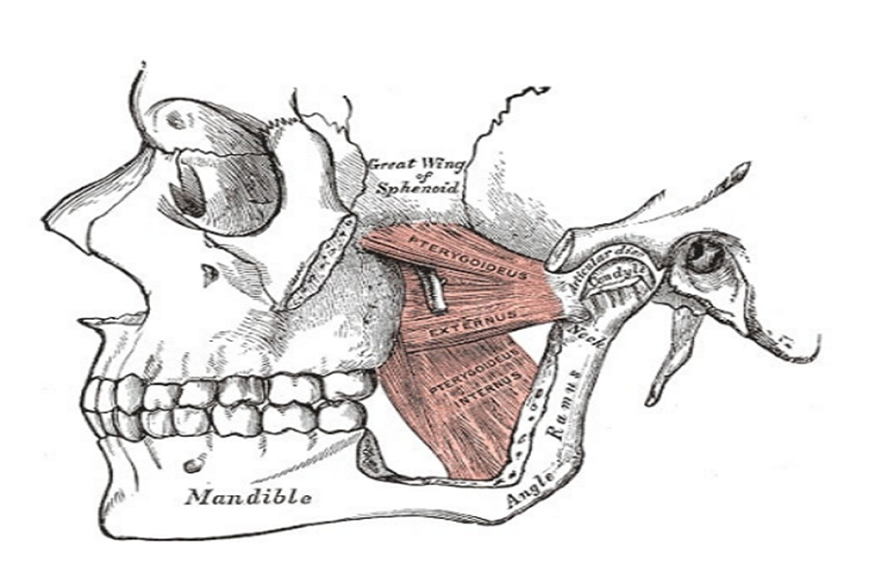The Consequences of Untreated TMJ Disorder
We understand that many people may not think about their dental health until they experience some kind of pain, like difficulty chewing, toothaches, or headaches. TMJ (temporomandibular joint) disorder is a condition caused by injury, stress, dental problems, or just regular wear and tear on the joints in your jaw. If left untreated, TMJ can cause pain and discomfort to the extent that it interferes with daily life and becomes a serious medical issue. If you think you might have TMJ symptoms such as tooth grinding, headaches, facial pain, jaw pain, and clicking, contact a TMJ dentist in Albuquerque NM, today. An examination can help determine if your symptoms are due to an underlying condition or just the result of everyday wear and tear.
How Does TMJ Disorder Develop
People with the temporomandibular joint disorder (TMJD) may feel pressure, tenderness, and/or aching in their jaw. Others experience difficulty opening or closing their mouth. A feeling of facial tightness is also common. These symptoms can occur at any age, but they tend to begin in mid-life. The exact cause of TMJ is unknown; however, it’s thought that abnormal muscle activity combined with poor posture and dental misalignment are risk factors for developing this condition. Here we’ve listed what happens if TMJ is left untreated.
Chronic Jaw Pain
TMJ is caused by a variety of issues, such as stress or trauma to your jaw, malocclusion (overbite or underbite), and even clenching or grinding your teeth. It often causes chronic pain because it causes misalignment of your jaw. When your jaw is out of alignment, certain muscles in your face and head have to work harder than they should, causing strain and fatigue. This leads to pain not only in your jaw but also in other parts of your head and neck.
Headaches
TMJ disorder and headaches are related. TMJ disorder causes headaches when the temporomandibular joint and muscles surrounding it contracts due to stress or strain; these muscles are responsible for opening and closing your jaw, along with chewing and biting. The resulting tension causes headaches.
Hearing Problems
TMJ disorder causes many people to experience a dull ache in their jaw, but it can also cause hearing problems. This happens when TMJ disorder causes pressure on your auditory nerve—it’s a sensory nerve that sends hearing signals from your ears to your brain. If you have TMJ disorder, there’s a chance that you are at risk for developing a number of other conditions as well.
If you’re suffering from chronic jaw pain, you should schedule an appointment with a TMJ specialist in Albuquerque. Ask your dentist about a consultation to assess treatment options that are best for you.
